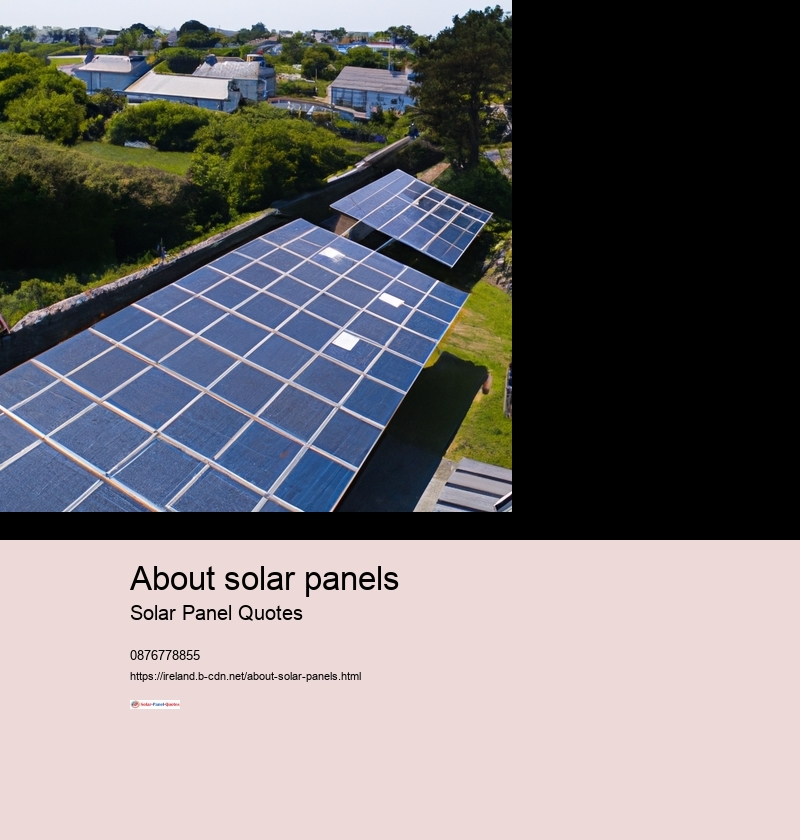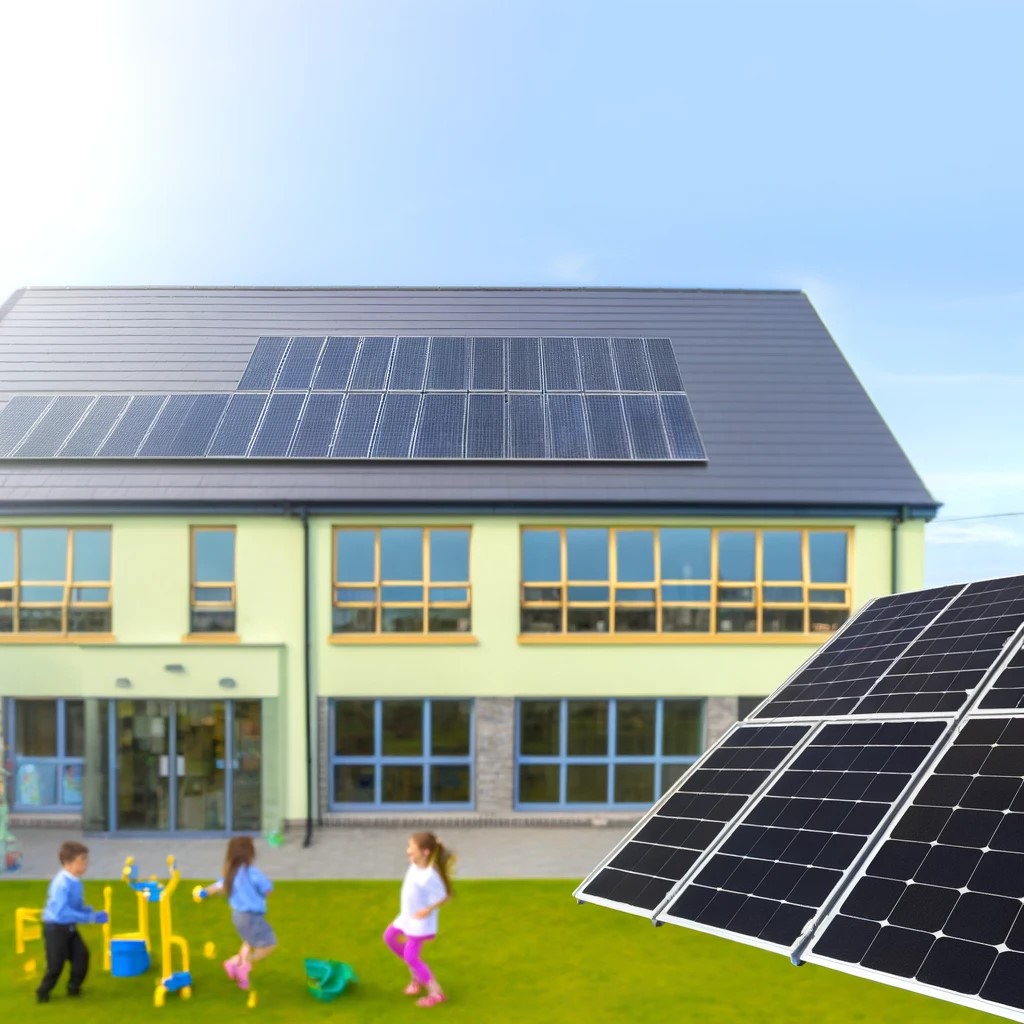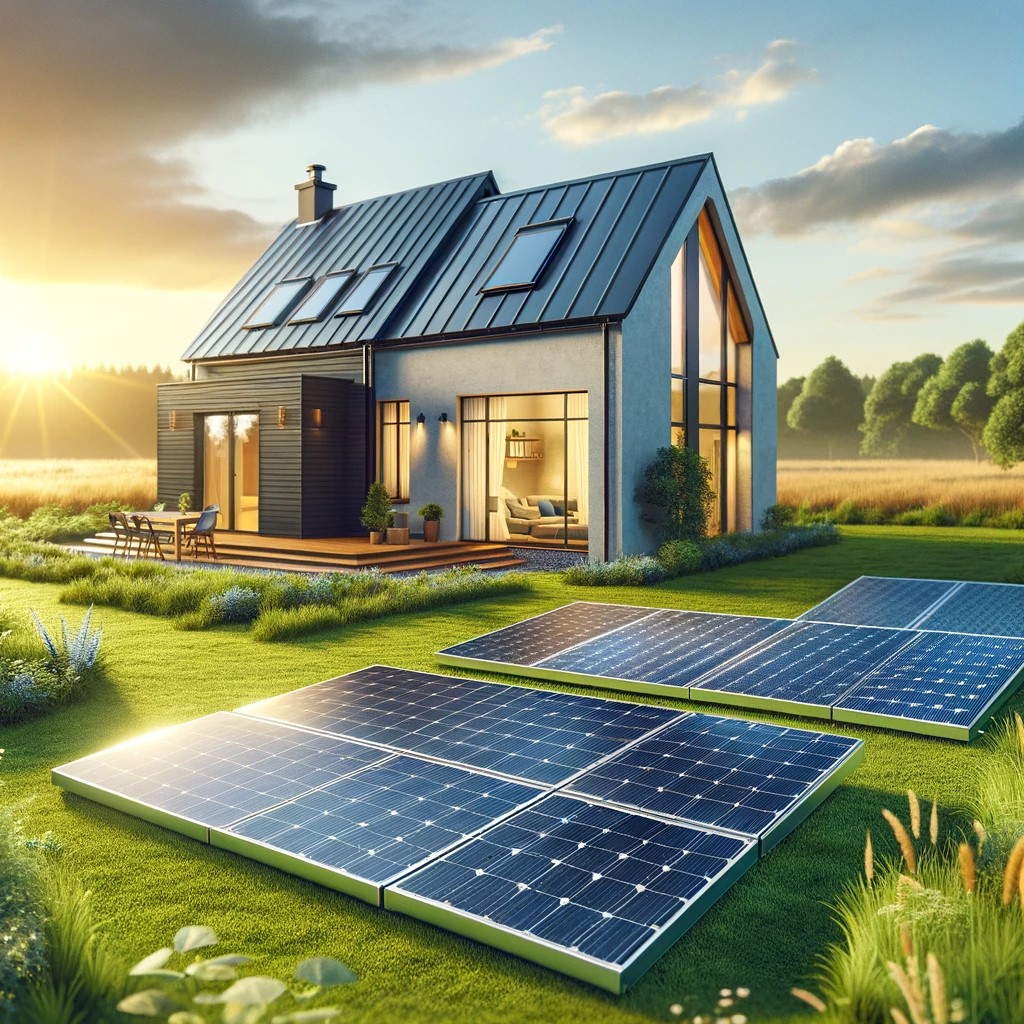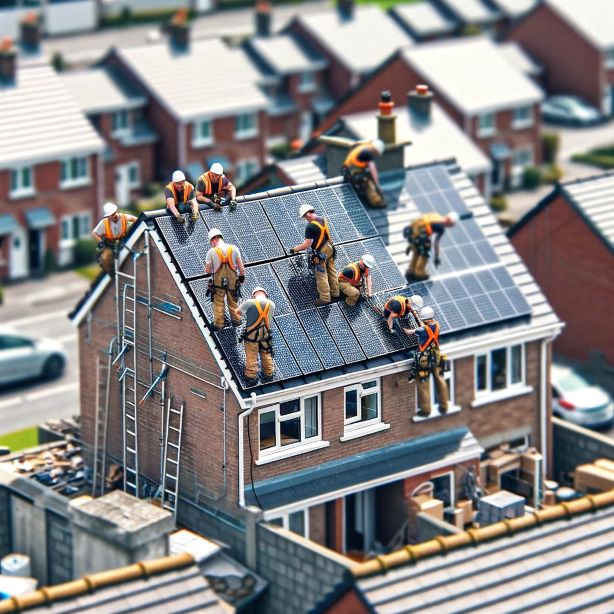about solar panels
Solar Panel Rebates
Solar panels are naturally most efficient on sunny days because of the direct sunlight being harnessed. However, even during bad weather conditions, solar panels will still generate power as solar cells are usually powered by light and not heat.
US-backed research has shown that high heat may actually cause solar panels to work less efficiently. Nevertheless, today’s technology requires rigorous testing of solar panels to ensure high efficiency and effectiveness.
For solar panels to be certified for installation on an Irish home, they’re subjected to rigorous reliability tests which include; dump heat tests, thermal cycling, and humidity freeze, among others.




